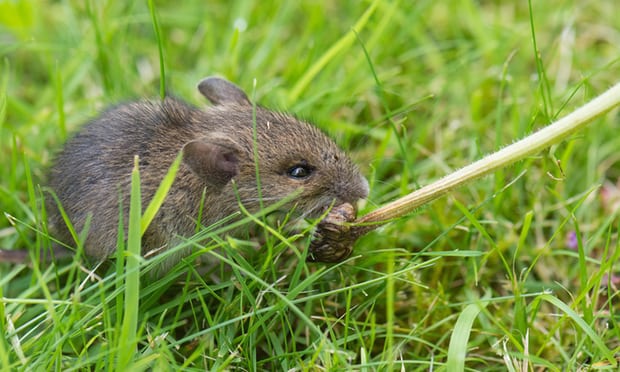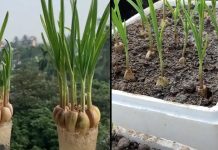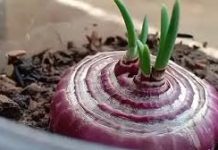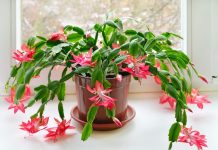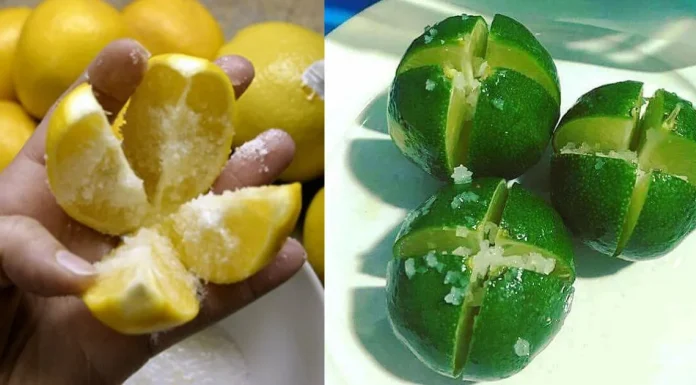Natural Mouse Repellent Plants for a Pest-Free Garden
Creating a garden that naturally repels mice is a sustainable and effective way to keep these pests at bay. Here’s a comprehensive guide to utilizing natural mouse repellent plants to safeguard your garden from unwanted visitors:

Plants That Repel Mice
- Peppermint and Spearmint: Emitting a strong scent that mice find unpleasant, peppermint and spearmint thrive in full sun and well-draining soil.
- Lavender: With its delightful fragrance to humans and repulsive scent to mice, lavender prefers sunny spots and well-draining soil.
- Garlic and Onions: Both boasting strong odors, garlic and onions are easy to grow and require full sun with good drainage.
- Catnip: Attractive to cats yet repelling to mice, catnip serves a dual purpose in deterring rodents while inviting feline guardians to your garden.
- Chrysanthemum: Contains pyrethrins, a natural insecticide that also discourages mice. Plant with caution due to its mild toxicity.
- Sage: Effective as a mouse repellent, sage thrives in well-drained soil and areas with ample sunlight.
Additional Measures
- Ultrasonic Devices: Emit high-frequency sounds unpleasant to mice, suitable for indoor use but may affect other wildlife outdoors.
- Natural Predators: Encourage natural predators like cats, birds, snakes, and foxes to control the mouse population.
- Food Source Reduction: Keep your garden tidy by promptly removing fallen fruits, vegetables, and seeds, and secure compost bins and pet food containers.
- DIY Repellent Mixtures: Create homemade repellents using ingredients like garlic, onions, cayenne pepper, white vinegar, baking soda, and coffee grounds.
- Traps and Snap Traps: Complement repellent plants with traps to effectively manage mouse populations.
Plant Care and Maintenance
- Regular Pruning: Keep repellent plants like peppermint and lavender pruned to promote growth and enhance their scent.
- Proper Growth Conditions: Ensure plants thrive in optimal conditions, including well-draining soil and full sunlight.
Points to Consider
- Toxicity: Some plants and essential oils can be toxic to pets and children. Exercise caution and keep them out of reach.
- Resistance: Pests may develop resistance to certain repellents over time. Rotate plants and methods to maintain effectiveness.
By integrating these repellent plants and additional measures, you can establish a robust defense against mice in your garden. Remember, fostering a diverse and healthy garden ecosystem not only enhances aesthetics but also naturally deters mice and other pests.


